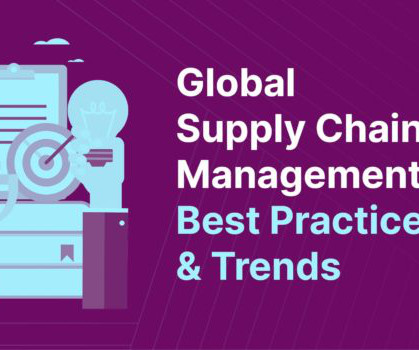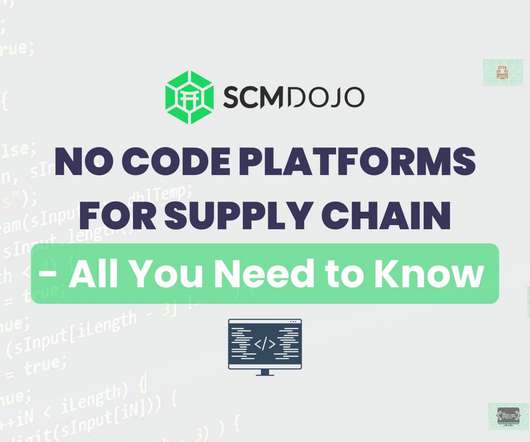343: Create a One-Stop Solution for Supply Chain Automation, with Logward
Let's Talk Supply Chain
JUNE 5, 2023
Today I’m joined by Logward , an exciting tech brand with a vision of a future where supply chain departments lead the transformation of their industries, instead of simply transporting it. 22.23] A closer look at Logward’s Sourcing Solutions – what they do, the key features and benefits. 44.17] The future for Logward.












Let's personalize your content